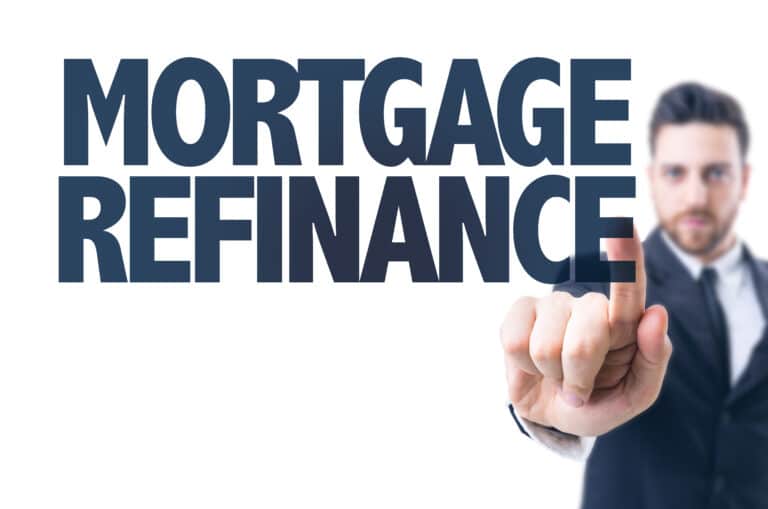
Equity Investing
Obtaining the down payment, closing expenses, and other funds to purchase an investment property through cash-out refinancing may be the most cost-effective alternative. It can work to fund investments if you have enough retirement and emergency money so you can invest in a new business that could provide useful emergency cash flow.
Refinancing with a cash-out option
A cash-out refinance could be utilized to invest in stocks by individuals who are in a position to gain.
- If your revenue is consistent and your costs are minimal, you’re less vulnerable to stock price changes.
- You can more easily ride through the ups and downs of the stock market while you’re young.
- Your borrowing costs may be reduced if you can deduct your mortgage interest.
- You can avoid needing to prolong your repayment period if you choose a loan with a shorter term or make additional installments.
- Investing while paying your mortgage is one way to encourage you to save more for retirement, especially if you put the money in accounts that you can’t easily access.
Cons of Cash-Out Refinancing for Stock Investing
- In the short term, there is no certainty that investments will improve in value. If you need money right away, you may have to sell your stocks and face a loss.
- Cash-out refinancing is more expensive than rate-and-term refinancing. If you just acquire a small amount of money, you’ll have to pay a surcharge on the full loan amount, which can be a costly method to borrow.
- Even if you have a good interest rate, refinancing your mortgage extends the repayment time, which can cost more throughout the life of the loan.
- If you can’t keep up with your increased payments, you may face foreclosure.
Refinance to buy an investment property
Cash-out refinancing can also be used to buy a second home or a rental property. That means saving enough money to buy the entire house or just enough to cover the down payment and closing charges.
You’ll save the excess money in your bank or investment accounts and utilize it to purchase the rental or second home later. The seller will not worry where the money comes from if you buy the home outright. You can just pay and acquire the home’s title.
However, if you require a mortgage to buy a second home, you’ll need to be cautious.
Most, if not all, conventional mortgage programs demand you to put down a minimum amount of money. You can’t merely borrow the money for the down payment. Furthermore, government financing does not allow you to purchase vacation or rental properties.
As a result, any cash-out from a refinance should be kept in your bank or investment accounts for a while, until it blends in with your other funds. This “seasoning” process takes several months. You can then apply for a loan on the new property, listing all of your account balances as assets on the application.
In that portion of your mortgage application, you’ll also state your refinance payment and other debts.
Last but not least
You may want to make sure you’re making a good housing investment strategy and that using your home equity to receive the money you need is the best alternative as a cash-out refinance can be a smart financial move, but it’s a difficult skill to learn.